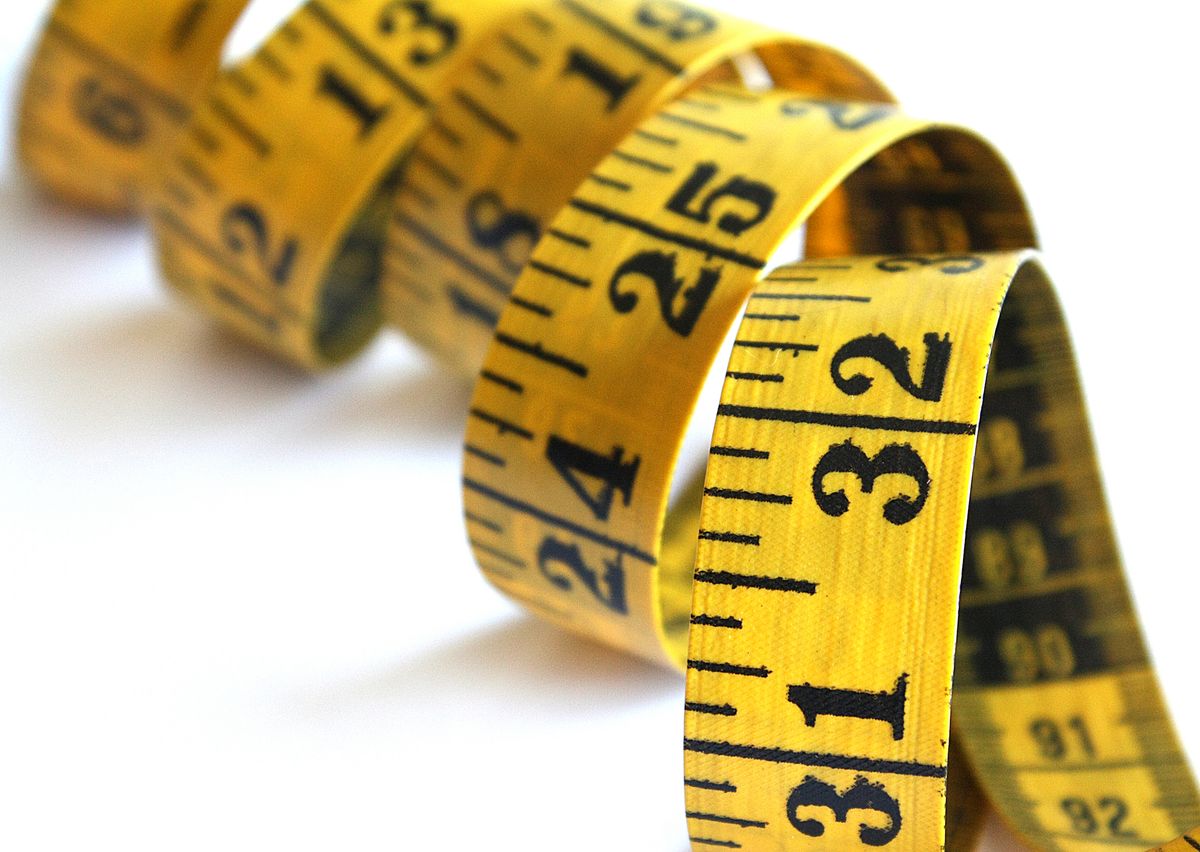
Ever wondered why we celebrate Metric System Day on April 7th? Well, you're about to find out! This special day isn't just for math whizzes or scientists; it's a global nod to the simplicity and universality of the metric system. Imagine a world without a standardized way to measure weight, length, or volume. Sounds chaotic, right? That's exactly why Metric System Day matters. It commemorates the adoption of this system that keeps everyone, from bakers to builders, on the same page. So, grab your meter sticks and measuring cups as we dive into 15 fascinating facts about Metric System Day. Whether you're a metric maven or a curious newcomer, these tidbits are sure to measure up to your expectations!
Key Takeaways:
- Celebrate Metric System Day on April 7th to honor the universal system of measurement, making calculations easier and promoting global collaboration in science, industry, and trade.
- The metric system simplifies everyday tasks, from cooking to scientific research, and its global adoption fosters international cooperation and reduces errors in measurements.
What is Metric System Day?
Metric System Day, observed on April 7th, celebrates the creation and adoption of the metric system. This system of measurement, based on units of ten, simplifies calculations and promotes international standardization. Unlike the customary system used primarily in the United States, the metric system is utilized worldwide, enhancing global communication and commerce.
The Origin of Metric System Day
- Metric System Day marks the anniversary of the metric system, which was first adopted in France on April 7, 1795. This revolutionary system was developed during the French Revolution, aiming to standardize measurements and eliminate the confusion caused by the multitude of local units.
Why Celebrate Metric System Day?
-
Celebrating Metric System Day emphasizes the importance of unity in measurements for science, industry, and trade. It highlights the system's role in fostering international collaboration and simplifying educational processes.
-
On this day, educators and organizations often promote awareness about the metric system, encouraging its use and understanding through various activities and informational sessions.
Key Components of the Metric System
-
The metric system is based on units such as meters for length, liters for volume, and grams for weight. These base units are easily convertible by multiplying or dividing by powers of ten, making calculations straightforward and efficient.
-
Prefixes like kilo-, centi-, and milli- are used to denote multiples or fractions of these base units, further simplifying measurements across different scales.
How the Metric System Simplifies Life
-
In everyday life, the metric system simplifies tasks such as cooking, home improvement, and personal health tracking by providing a consistent and easy-to-understand method of measurement.
-
For scientists and engineers, the metric system is indispensable. It allows for precise and unambiguous communication of measurements in research papers, experiments, and technical documents.
Global Adoption of the Metric System
-
Today, nearly every country in the world uses the metric system as their official system of measurement, with the United States being a notable exception. However, even in the U.S., the metric system is widely used in science, medicine, and many industries.
-
The global adoption of the metric system facilitates international trade and cooperation, as measurements do not need to be converted between different systems, reducing errors and misunderstandings.
Celebrating Metric System Day
-
Schools and educational institutions often organize events and activities on Metric System Day to teach students about the benefits and usage of the metric system.
-
Various organizations and scientific institutions also commemorate the day by hosting workshops, seminars, and public outreach programs to spread awareness.
-
Social media plays a significant role in celebrating Metric System Day, with hashtags and campaigns designed to engage the public and share knowledge about the metric system.
The Future of the Metric System
-
As technology advances and global collaboration increases, the importance of a universal system of measurement becomes even more critical. The metric system, with its simplicity and universality, is well-positioned to meet these future challenges.
-
Innovations in education and digital tools continue to make learning and using the metric system easier for people of all ages and backgrounds.
-
Efforts to increase the adoption of the metric system in countries still using customary units are ongoing, with the goal of achieving truly global standardization for the benefit of all.
A Final Nod to Metric Mastery
Celebrating Metric System Day isn't just about marking a date on your calendar. It's a nod to simplicity, unity, and scientific progress. This system, embraced by nations worldwide, underscores the importance of a universal language in measurements for science, industry, and everyday life. April 7th serves as a reminder of how far humanity has come in creating efficient ways to understand the world around us. Whether you're a student, a professional, or just someone curious about the world, Metric System Day offers a moment to appreciate the elegance and rationality of the metric system. So, next time you measure something, remember the vast network of knowledge and cooperation that makes it all possible. Let's raise our glasses (or should we say, milliliters) to metric mastery!
Frequently Asked Questions
Was this page helpful?
Our commitment to delivering trustworthy and engaging content is at the heart of what we do. Each fact on our site is contributed by real users like you, bringing a wealth of diverse insights and information. To ensure the highest standards of accuracy and reliability, our dedicated editors meticulously review each submission. This process guarantees that the facts we share are not only fascinating but also credible. Trust in our commitment to quality and authenticity as you explore and learn with us.
